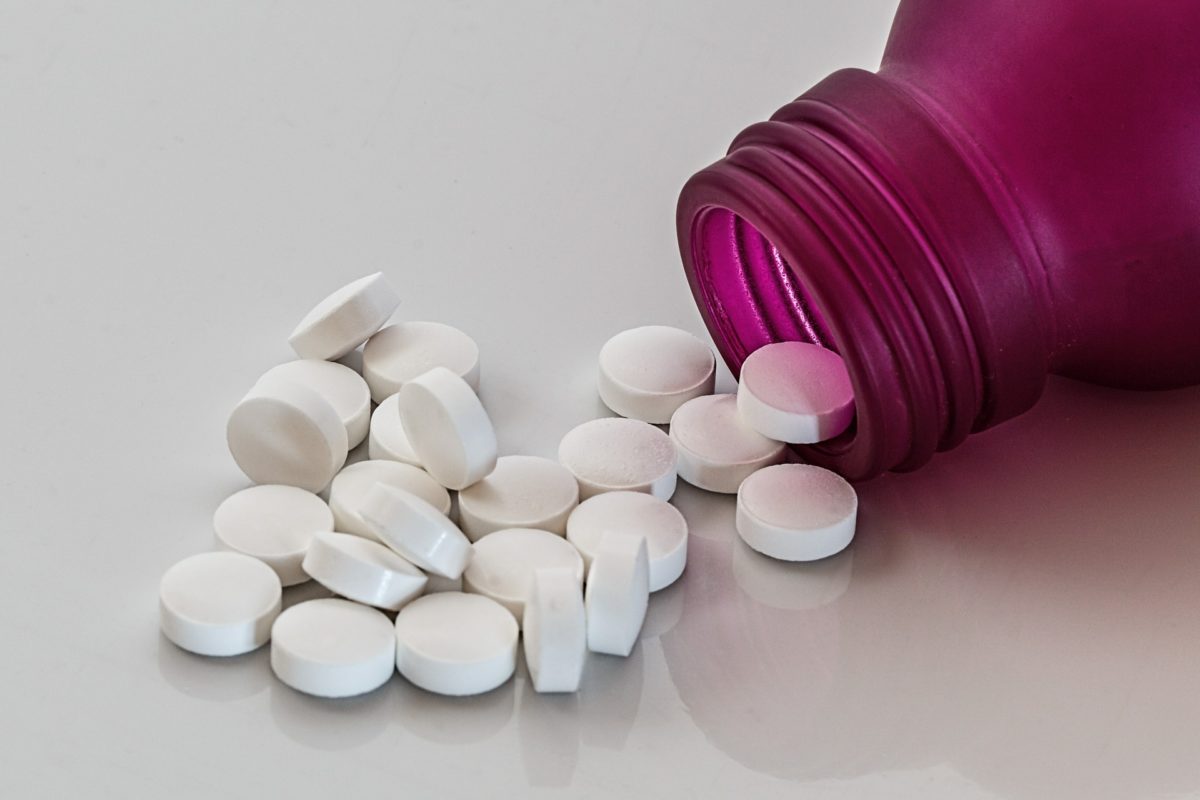KUALA LUMPUR, Dec 11 — Pharmacies, especially chain outlets, are dispensing antidepressants and antipsychotic drugs without a doctor’s prescription, a former Malaysian Medical Association (MMA) Penang branch chairman alleged.
Dr Tan Chee Khuan, who is also a past president of Penang Medical Practitioners’ Society, said his patients told him that they had “easy access” to many prescription psychiatric drugs and only saw him when the medicines they needed were not available in pharmacies.
“The problem is that some pharmacies are already enjoying such tremendous business selling medications that the pharmacists (or even dispensers) may not have the time to counsel patients about side-effects,” Dr Tan wrote in a letter to The Star.
He said most antipsychotics could occasionally cause a low white blood cell count and low platelet count that may be lethal, stressing the need to do a full blood count or to see a doctor if a patient develops a high fever.
“Unfortunately, once the patients are sent to the pharmacies with a prescription, they are often lost to follow-ups with doctors, with tragic consequences.”
Dr Tan highlighted the need for regular blood level monitoring when using mood stabilisers for bipolar disorders, like lithium carbonate or sodium valproate, to ensure that the drugs do not cause toxicity.
He added that doctors initially prescribe medicines that stimulate appetite for underweight patients with mental illnesses, like olanzapine for schizophrenia and mirtazapine for depression, later switching to other medicines that are less likely to stimulate appetite once their weight is normal.
“Unfortunately, such patients who stop seeing doctors and get their prescriptions repeated at pharmacies may continue to do so until they have developed metabolic syndrome, including obesity and diabetes.”
Physicians also monitor patients on antidepressants or antipsychotics with regular blood tests to pick up the dangerous syndrome of inappropriate antidiuretic hormone (SIADH) that causes severe low blood sodium.
Patients are advised to check for glaucoma with ophthalmologists or optometrists as certain antidepressants and antipsychotics cannot be used if there is glaucoma.
“Will pharmacies continue to provide such advice once our patients are seeing them regularly after they are lost to our follow-ups?” Dr Tan questioned.
Many Malaysians are also addicted to tranquilisers and sleeping pills, with doctors helping them switch to non-addictive medications, including antipsychotics and antidepressants, to slowly wean patients off their addiction, said Dr Tan.
“If the proposed Bill is passed, then we are held hostage by the addicts to give in to their demands or face criminal charges!” he wrote, referring to the Poisons (Amendment) 2019 Bill that criminalised doctors for rejecting patients’ drug prescription requests.
“We have come across patients who are addicted to 30 to 50 tablets of diazepam, Dormicum and Stilnox daily. They have successfully been helped to reduce their usage to just one tablet or stop entirely with the help of other psychiatric medication,” said Dr Tan.
Diazepam (Valium) and midazolam (Dormicum) are benzodiazepines, while zolpidem (Stilnox) is a sleeping pill. Benzodiazepines, or tranquilisers, may be prescribed for conditions like anxiety and insomnia, but they can be abused when taken without prescriptions for their sedating effects, according to WebMD.
Zolpidem, sold as Stilnox in Australia or Ambien in the United States, has been linked to bizarre behaviour like rage reactions and confusion, as well as sleep-eating and sleep-driving, according to news.com.au.
Last week, Health Minister Dzulkefly Ahmad deferred the second and third readings of the Poisons amendment Bill in Parliament to next year after a huge uproar from physician and dentist groups angered by proposals to sentence doctors, dentists, and veterinarians to maximum five years’ jail, up to RM50,000 fine, or both for not complying with mandatory prescriptions upon request.
Dr Tan also warned about antibiotic resistance that has caused the global emergence of superbugs that are resistant to antibiotics.
“So in the medical profession, we have strict antibiotic protocols to ensure that the patient’s infected discharge is cultured and tested for antibiotic sensitivity and reviewed on the third and fifth day. Without this protocol, patients will just demand antibiotics from doctors, and we have to give in to them even though the patient is likely to have viral fever which does not respond to antibiotics,” said the physician.
Patients, he warned, also risked addiction to opioids like tramadol and pethidine.
“I hope the lawmakers in their wisdom will deliberate on the proposed Bill taking some of the above points for consideration.”








